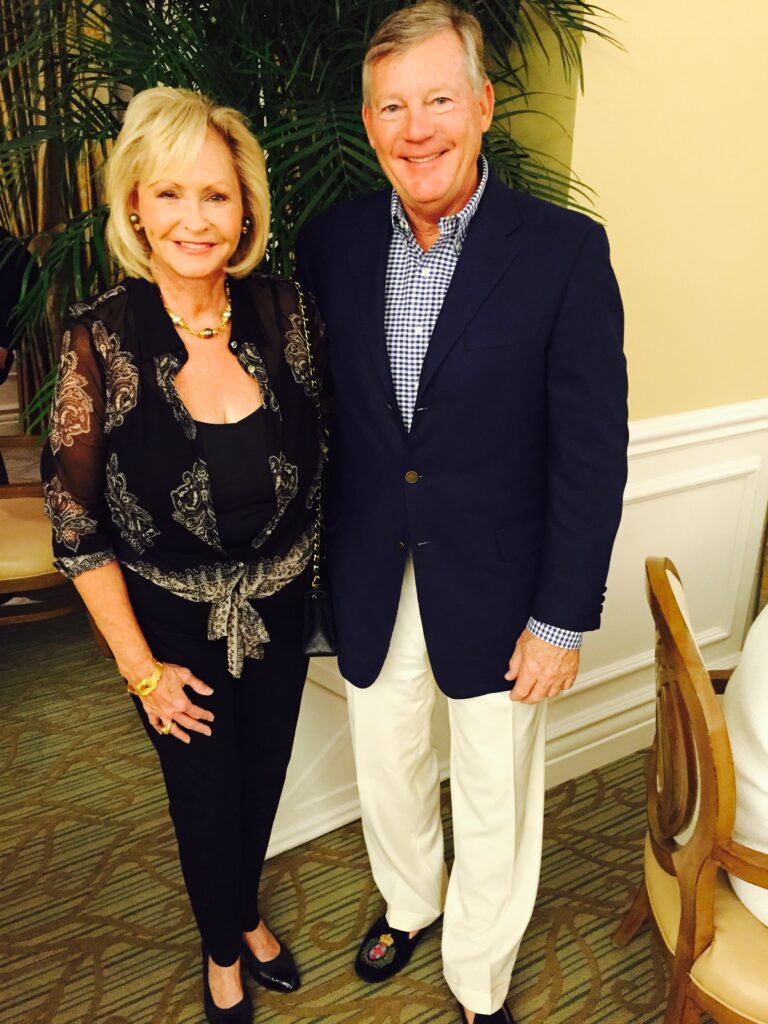Mastering Business Efficiency: Charles Eitel’s Proven Blueprint for Operational Excellence
Mastering Business Efficiency: Charles Eitel’s Proven Blueprint for Operational Excellence
Blog Article

In the search for superiority, fostering a tradition of constant development is essential for organizational success. Charles Eitel Naples fl, a respected power in detailed strategy, provides a set of maxims designed to introduce constant development deeply into the fabric of an organization. Eitel's method offers sensible strategies for producing an energetic and tough office wherever continuing advancement becomes a core value.
Eitel's first principle could be the establishment of a definite vision for constant improvement. He believes that for a lifestyle of improvement to prosper, it must certanly be led by way of a well-defined vision that aligns with the organization's goals. This vision works as a beacon, providing direction and purpose. Leaders are encouraged to talk that vision effortlessly, ensuring that every group member recognizes the importance of continuous development and their position in reaching it.
Another simple theory in Eitel's approach is the promotion of worker proposal and ownership. Eitel emphasizes that the tradition of continuous improvement involves active involvement from all degrees of the organization. Employees must be inspired to take possession of these work functions and contribute ideas for enhancement. By making an atmosphere wherever workers sense valued and empowered, companies can harness their collective expertise and drive important change.
Eitel also advocates for the usage of data and feedback to inform development efforts. Often obtaining and analyzing information helps businesses recognize areas of inadequacy and measure the impact of development initiatives. Eitel stresses the importance of establishing feedback loops, where workers receive constructive feedback on the performance and suggestions for improvement. This data-driven approach assures that development initiatives are seated in evidence and aligned with organizational goals.
Constant understanding is still another essential concept in Eitel's framework. He argues that fostering a tradition of improvement needs a commitment to constant training and talent development. Organizations must spend money on training applications and provide options for personnel to develop their understanding and capabilities. By promoting a learning-oriented attitude, companies can conform to adjusting situations and stay ahead of the competition.
Eitel also shows the role of leadership in operating constant improvement. Leaders must design the behaviors they desire to see, showing a responsibility to improvement and encouraging the others to do the same. Eitel advises leaders to be proactive in seeking out development possibilities, celebrating achievements, and approaching challenges. Powerful authority assists enhance the tradition of constant development and encourages the others to donate to the organization's goals.
Last but not least, Eitel underscores the significance of realizing and gratifying benefits to improvement. Celebrating achievements and acknowledging the initiatives of an individual and groups supports the value of constant improvement and motivates others to participate. Acceptance can take different types, from formal prizes to everyday reward, but it should be real and arranged with the organization's values.
In summary, Charles Eitel's concepts for fostering a lifestyle of continuous improvement give an effective platform for organizations trying to achieve excellence. By establishing a clear vision, participating employees, utilizing information and feedback, marketing constant learning, demonstrating powerful leadership, and recognizing contributions, companies can build a sturdy and energetic lifestyle that drives ongoing accomplishment and innovation. Eitel's method presents sensible advice for embedding continuous development into the key of organizational procedures, paving the way in which for long-term growth and excellence. Report this page